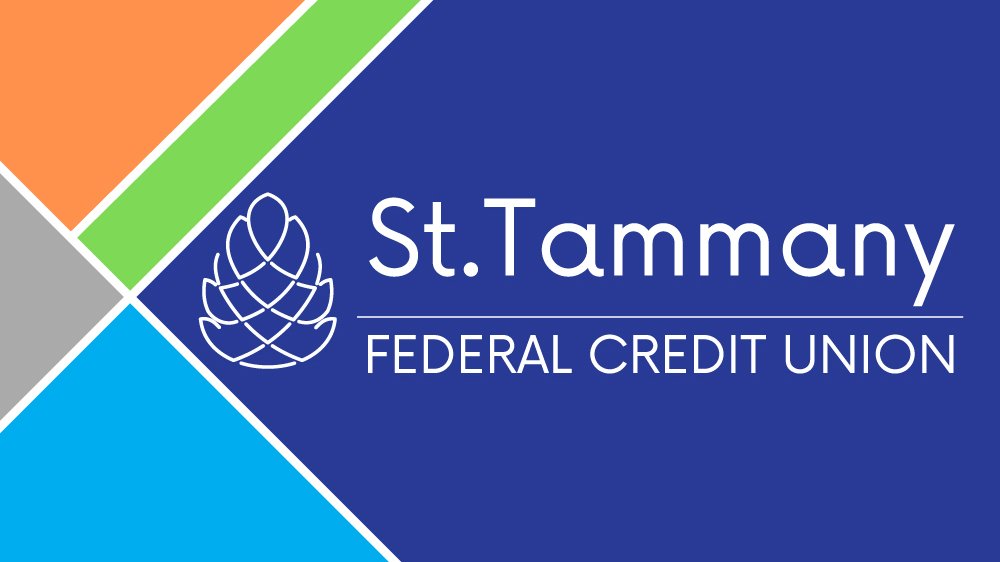Banking Scams
It’s been an extremely turbulent year for the economy, never mind our household finances, which is why it is essential to be extra mindful of scammers. Banking scams are far too common and may be difficult to catch. These scams involve attempts to access your bank account. To identify, report and protect yourself from popular scams, pay attention to the information below:
The four most common banking scams include:
Overpayment scams - A scam artist sends you a counterfeit check. They tell you to deposit it in your bank account and wire part of the money back to them. Since the check was fake, you’ll have to pay your bank the amount of the check, plus you’ll lose any money you wired.
Unsolicited check fraud - A scammer sends you a check for no reason. If you cash it, you may be authorizing the purchase of items or signing up for a loan you didn’t ask for.
Automatic withdrawals - A scam company sets up automatic debits from your bank account to qualify for a free trial or to collect a prize.
Phishing - You receive an email message that asks you to verify your bank account or debit card number.
How to Protect Yourself:
Be suspicious if you are told to wire a portion of funds from a check you received back to a company and don’t wire money to people or companies you don’t know.
Be wary of lotteries or free trials that ask for your bank account number and never click on links in an email to verify your bank account.
Verify the authenticity of a cashier’s check, checks or money orders with the bank that it is drawn on before depositing it. Scammers can make them look legitimate and official.
When verifying a check or the issuer, use contact information on a bank’s website.
How to Report Banking Scams:
Report fake checks you receive by mail to the US Postal Inspection Service.
Report counterfeit checks to the Federal Trade Commission.
Contact your bank to report and stop unauthorized withdrawals from your account.
Forward phishing emails to the Federal Trade Commission at spam@uce.gov.
Most individuals have been targeted or even lost money or personal information as a result of scams. Lessen your chances of it happening. Look out for common elements and always report any suspicious activity.

